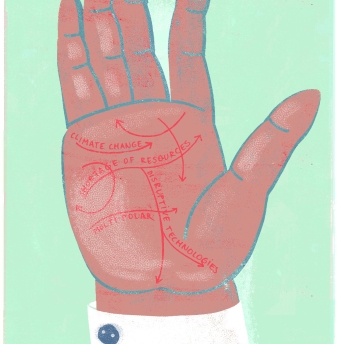David Boulton
Principal
David is an experienced practitioner and assessor for safety management and safety-critical systems in the transport sector.

Education
Past Experience

David is a Principal at Arthur D. Little, based in our Cambridge office in the United Kingdom.
Building on a strong technical background acquired in a development environment, David has been working in safety and risk management for over 20 years, principally in the rail sector, but also in the highways, chemicals and defense arenas. Clients include most major rail suppliers and a number of rail-operator organizations.
Projects have included both the development and streamlining of safety management systems, project delivery evaluation (i.e., Will the project succeed or fail?) and numerous safety-critical system assessments.
Such projects typically require detailed analysis, clear presentation of arguments and engagement with senior management/stakeholders.
As well as working with UK clients, David has managed projects with clients in Singapore, Hong Kong, Canada, France, Belgium, Germany and India.
Outside of work, David is a keen amateur singer and a member of the local Triathlon club.

Comprehensive machine-augmented assurance

The Trends in Megatrends

Embracing complexity with value-based risk management

David is a Principal at Arthur D. Little, based in our Cambridge office in the United Kingdom.
Building on a strong technical background acquired in a development environment, David has been working in safety and risk management for over 20 years, principally in the rail sector, but also in the highways, chemicals and defense arenas. Clients include most major rail suppliers and a number of rail-operator organizations.
Projects have included both the development and streamlining of safety management systems, project delivery evaluation (i.e., Will the project succeed or fail?) and numerous safety-critical system assessments.
Such projects typically require detailed analysis, clear presentation of arguments and engagement with senior management/stakeholders.
As well as working with UK clients, David has managed projects with clients in Singapore, Hong Kong, Canada, France, Belgium, Germany and India.
Outside of work, David is a keen amateur singer and a member of the local Triathlon club.

Comprehensive machine-augmented assurance

The Trends in Megatrends

Embracing complexity with value-based risk management
More About David
- University of SurreyPhD in Computer Science (Artificial Intelligence)
- University of OxfordMA in Engineering Science
- ERA TechnologyGroup Manager, Safety Critical Systems
- BBCDesign Engineer
